Fewer Americans Call Themselves Economic Conservatives
A new Gallup survey shows only 41 percent of Americans call themselves economic conservatives -- the lowest since President Obama took office in 2009 and roughly the same percentage as in 2008.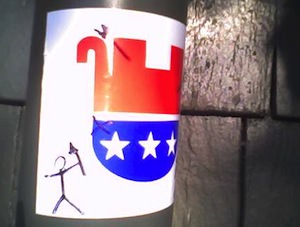
A new Gallup survey shows only 41 percent of Americans call themselves economic conservatives — the lowest since President Obama took office in 2009 and roughly the same percentage as in 2008.
Additionally, 30 percent of Americans identify with social liberalism — the highest percentage reported in 13 consecutive years.
Why the change?
“Today, there’s a widespread feeling of skepticism about the form of capitalism we’re saddled with, which works well for a few and causes the rest of us various kinds of misery,” Lynn Stuart Parramore writes at AlterNet. “Many Americans are beyond sick and tired of bankers, financiers and political hucksters. We see that crony capitalism is destroying our communities, our democracy, our economic well-being, and the natural world.”
It didn’t look this way a couple of years ago. Republicans won big in the 2010 congressional midterm elections. During that year, 51 percent of Americans were calling themselves economic conservatives.
The arrival of Ronald Reagan, who convinced many Americans that government was the problem, ended America’s liberalizing postwar era.
“America became more ‘economically conservative,’ ” Parramore writes. “The idea that economic conservatism equals prudence is an old association, dating all the way back to 18th-century thinker Edmund Burke, and it’s one that proponents of reckless free-market fundamentalism took full advantage of. They vigorously repeated the lie that markets can regulate themselves, that they are resistant to fraud, and that things would be fine if the government would just let the capitalists alone. They claimed, ad nauseum, that liberals were financially naive and irresponsible spendthrifts. They more or less got away with this package of deceit until the financial crash, which happened on the watch of a free-marketeer, and one who, by the way, had the worst record on job creation in modern history. That was a serious blow to their mythology.
“Gradually it become harder to argue that government should be shrunk to the size where it could be drowned in a bathtub because it grew obvious that government intervention and things like unemployment benefits (what economists call ‘automatic stabilizers’) kept us from plunging into a Great Depression,” Parramore continues. “Slowly, painfully, Americans have begun to see that focusing on austerity and debt reduction is a road to nowhere, and that the economists whose work is frequently cited by proponents of this view doesn’t hold up to scrutiny. We’re gradually getting the message that economic prudence means government making long-term commitments to investing in the kind of robust education, research and infrastructure that our future well-being depends on.”
— Posted by Alexander Reed Kelly.
Your support matters…Independent journalism is under threat and overshadowed by heavily funded mainstream media.
You can help level the playing field. Become a member.
Your tax-deductible contribution keeps us digging beneath the headlines to give you thought-provoking, investigative reporting and analysis that unearths what's really happening- without compromise.
Give today to support our courageous, independent journalists.
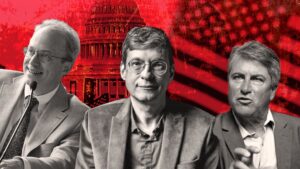
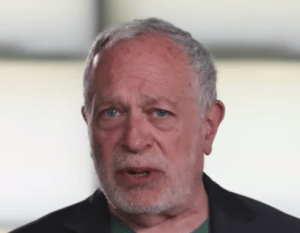
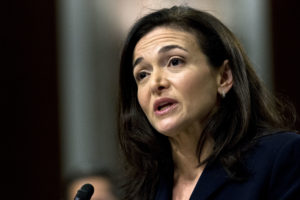
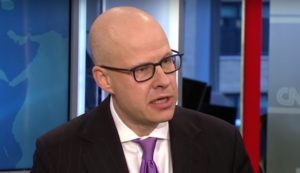
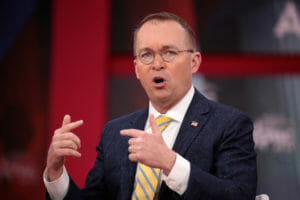
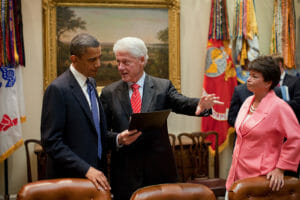
You need to be a supporter to comment.
There are currently no responses to this article.
Be the first to respond.